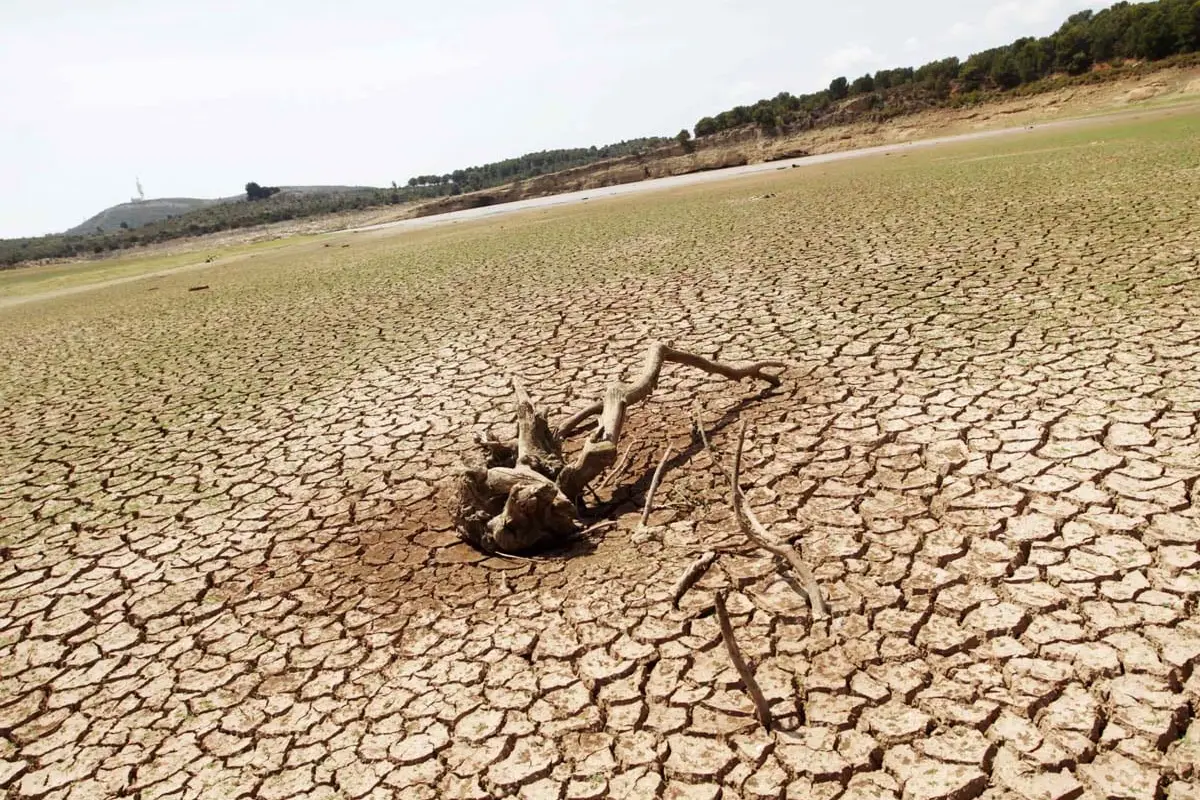Project Summary
Zanzibar, a semi-autonomous archipelago off the coast of Tanzania, faces twin challenges: seasonal droughts that threaten food and water security, and increasingly intense floods due to climate change and unregulated urbanization. The Water Wise Zanzibar project is a nature-based, community-driven initiative aimed at restoring hydrological balance using sustainable water management, eco-restoration, and climate resilience education.
This 3-year project will demonstrate how nature-based solutions (NbS) can effectively reduce climate risk while empowering communities and protecting ecosystems.

Project Objectives
- Restore Water Cycles: Rehabilitate degraded watersheds and wetlands to improve groundwater recharge and reduce flood risk.
- Build Climate Resilience: Support communities in adopting drought-resistant agriculture and rainwater harvesting.
- Urban Water Management: Implement green infrastructure (bioswales, permeable pavements) in flood-prone areas.
- Education & Capacity Building: Train local stakeholders in sustainable practices and environmental stewardship.
- Policy Influence: Inform government planning with scalable nature-based climate adaptation models.
Target Areas
- Unguja and Pemba Islands, focusing on:
- Flood-vulnerable informal settlements near Stone Town and Chake Chake.
- Drought-stricken farming communities in central and northern Zanzibar.
Key Activities
| Activity | Description |
|---|---|
| Watershed Restoration | Planting of 250,000 native trees and wetland vegetation in 10 critical catchments. |
| Rainwater Harvesting Systems | Installation of 100 community rainwater tanks (10,000L each) in schools, clinics, and villages. |
| Agroecology Training | Capacity building in drought-resilient, organic agriculture for 1,500 farmers. |
| Urban Green Infrastructure | Creation of 5 demonstration bioswales and 3 permeable community plazas. |
| Flood Early Warning | Pilot community-led weather monitoring with mobile alerts in 4 districts. |
| Awareness Campaigns | Environmental education in 50 schools and 20 community centers. |
| Monitoring & Policy Support | Collaboration with local authorities for long-term planning and impact tracking. |
Budget Breakdown (3-Year Implementation)
| Category | Cost (USD) |
|---|---|
| Watershed & Wetland Restoration | $420,000 |
| Rainwater Harvesting Infrastructure | $350,000 |
| Agroecology & Community Training | $180,000 |
| Urban Green Infrastructure | $280,000 |
| Climate Monitoring & Tech (Sensors, Alerts) | $100,000 |
| Awareness Campaigns & School Programs | $90,000 |
| Staffing (Project Management, Field Teams) | $300,000 |
| Monitoring & Evaluation | $80,000 |
| Contingency & Miscellaneous (10%) | $180,000 |
| Total Estimated Budget | $1,980,000 |
Expected Impact
- 100,000+ beneficiaries with improved water access or reduced flood risk.
- 25% reduction in flood-related damages in pilot neighborhoods.
- X25% reduction in water retention in restored catchments.
- Sustainable livelihoods for 1,500+ farmers.
- Enhanced policy alignment with Zanzibar’s National Adaptation Plan and Vision 2050.
Partners & Stakeholders
- Government of Zanzibar (Ministries of Environment, Water, and Agriculture)
- Local NGOs and CBOs.
- Schools, clinics, and women's cooperatives.
- International climate and development partners (e.g., UNEP, GCF, GIZ)